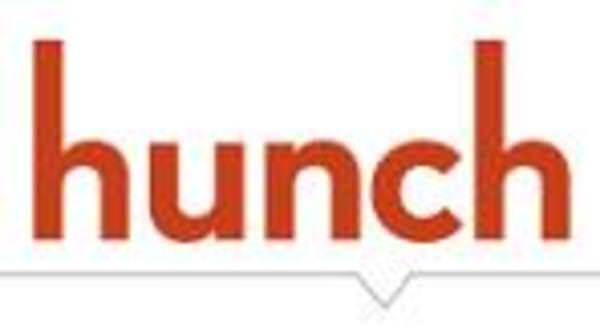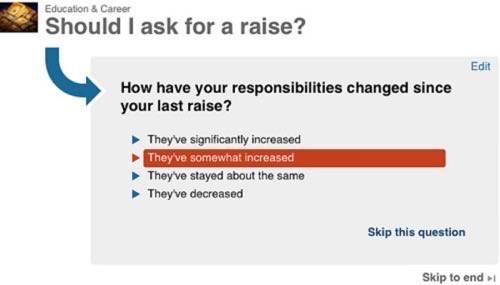People have been whispering about a new web application in development called Hunch. Today, Flickr co-founder and Hunch head honcho Caterina Fake divulged some more details about the new project on her blog.

The new project aims to become a site that can help anyone make a decision about anything. The way it will do this is through the application of decision trees that are created by contributing users. Using decision trees in expert systems is nothing new, but applying that idea to a crowdsourcing model might possibly be a stroke of genius. Think Aardvark meets Wikipedia and you start to get the idea.
Hunch is still in closed beta, but is accepting requests for invites. We’re thinking you will want to sign up, though, after you hear what Caterina says about it:
Look. Decision-making is difficult, and decisions have to be made constantly. What should I be for Halloween? Do I need a Porsche? Does my hipster facial hair make me look stupid? Is Phoenix a good place to retire? Whom should I vote for? What toe ring should I buy?

It’s dark and lonely work. Coin-flipping, I Ching consultation, closing your eyes and jumping, postponing the inevitable, Rock-Paper-Scissors, and asking your sister are all time-honored means of coming to a decision — and yet we think there’s room for one more: Hunch.
She adds that a lot of content in Hunch is going to be generated by its user base. Do you know the right questions to ask to help someone pick out the right pair of shoes for hiking, or what cell phone to buy? With Hunch, you will be able to get in on the ground floor and know that your contributions will help many people get the right answer to their question.

While we know very little about the inner workings of Hunch, it apparently combines decision trees with a fair amount of end user personalization in the form of questions it asks people visiting the site. These questions allow Hunch to form affinities with other users who ask similar questions. On the back end, contributors will be able to create topic areas (called Super Questions) and add questions and results underneath those topics. How much control you will have or how the interface looks for this we aren’t sure yet.
Caterina also says that there is room for the site to make money, by including Super Question areas that are affiliated with commercial products or services, but that part is not being rushed as they want to get the core functionality working just right.
We think the potential for the idea behind Hunch is huge. If you look at another very famous crowdsourced project, Wikipedia, and combine that with the sheer utility of the application Aardvark (which lets you pose questions to an extensive network of Aardvark-managed instant messaging contacts; our review here), the sky really is the limit for how much this tool can grow in usefulness and popularity.
Self-titled photo courtesy of Caterina Fake on Flickr.





















